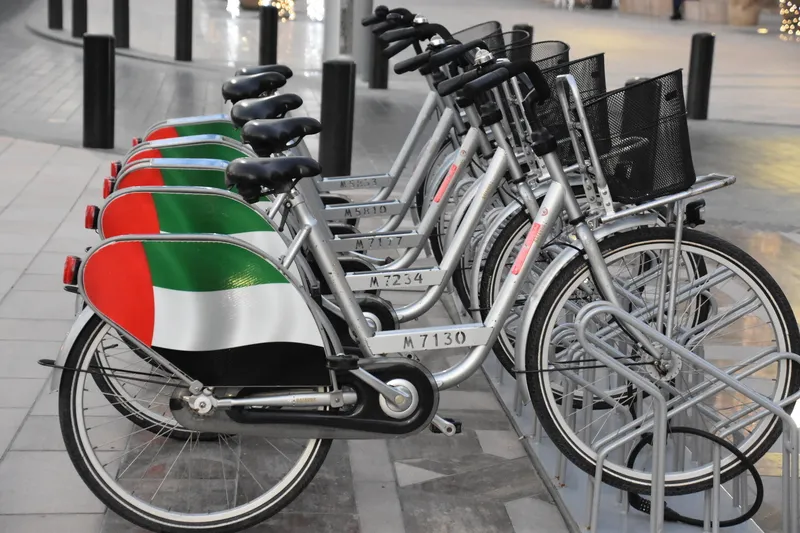Speaking at a workshop on sustainable transport solutions in the major port city of Kochi, India, international experts proposed short and medium term solutions for the transport infrastructure in the city, which is seeing a daily increase in the number of vehicles. Proposals included a switch to non-motorised transport systems, as well as improving the existing bus transport system and developing an integrated public transport system along the backbone of waterborne transport and the Metro Rail. Other sugg
March 30, 2015
Read time: 1 min
Speaking at a workshop on sustainable transport solutions in the major port city of Kochi, India, international experts proposed short and medium term solutions for the transport infrastructure in the city, which is seeing a daily increase in the number of vehicles.
Proposals included a switch to non-motorised transport systems, as well as improving the existing bus transport system and developing an integrated public transport system along the backbone of waterborne transport and the Metro Rail.
Other suggestions included giving incentives to commuters for shifting from car to public transport; providing multi-level parking facilities; improving road safety and promoting walking and cycling.
A feasibility study based on the recommendations will be carried out next year.
Kochi has been selected as one of the take up cities under the Sharing Opportunities for Low-Carbon Urban Transportation (SOLUTIONS) initiative.
Proposals included a switch to non-motorised transport systems, as well as improving the existing bus transport system and developing an integrated public transport system along the backbone of waterborne transport and the Metro Rail.
Other suggestions included giving incentives to commuters for shifting from car to public transport; providing multi-level parking facilities; improving road safety and promoting walking and cycling.
A feasibility study based on the recommendations will be carried out next year.
Kochi has been selected as one of the take up cities under the Sharing Opportunities for Low-Carbon Urban Transportation (SOLUTIONS) initiative.







